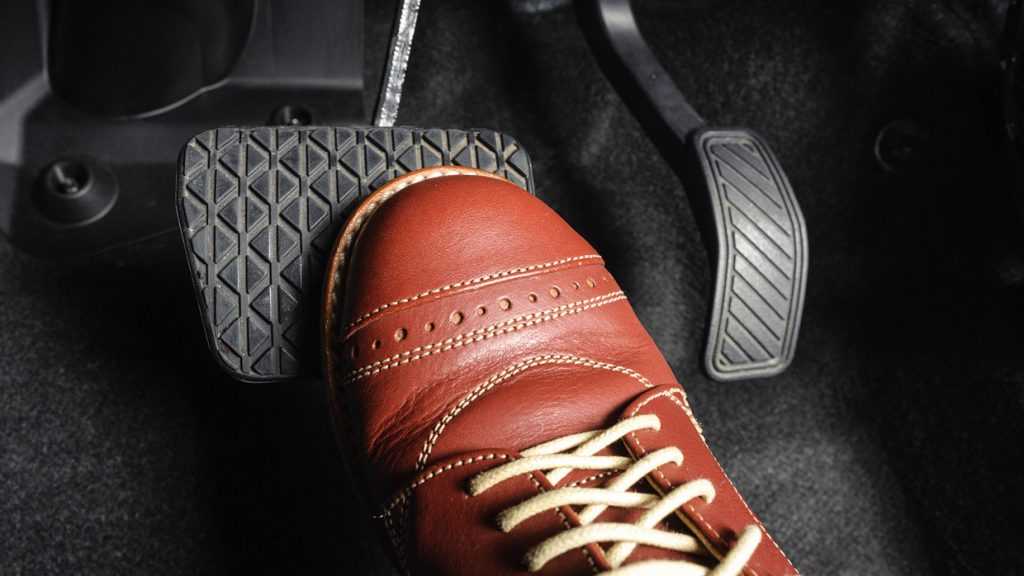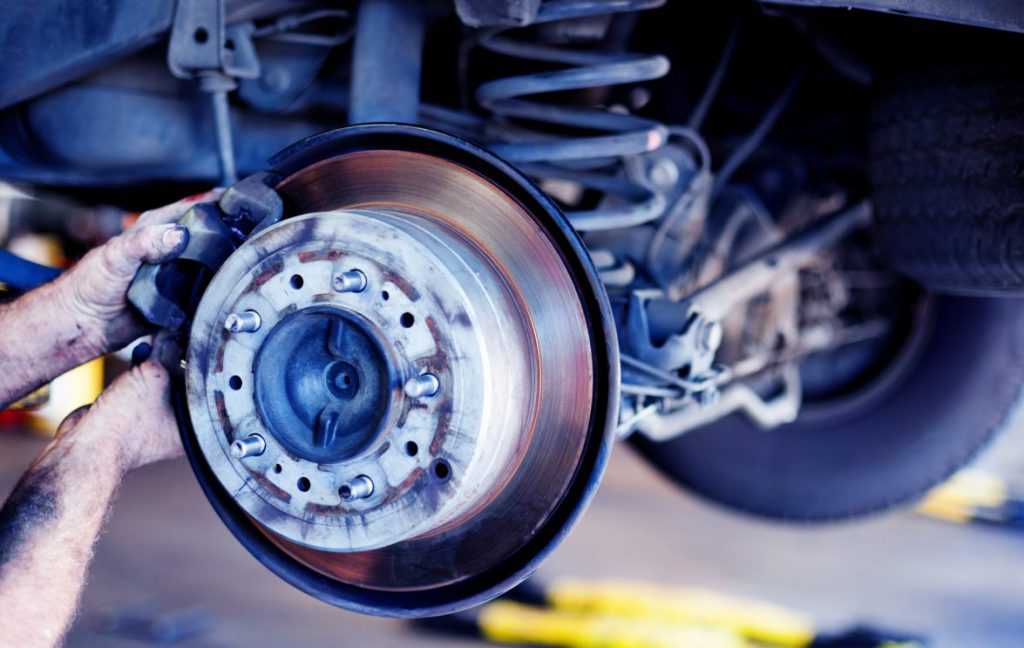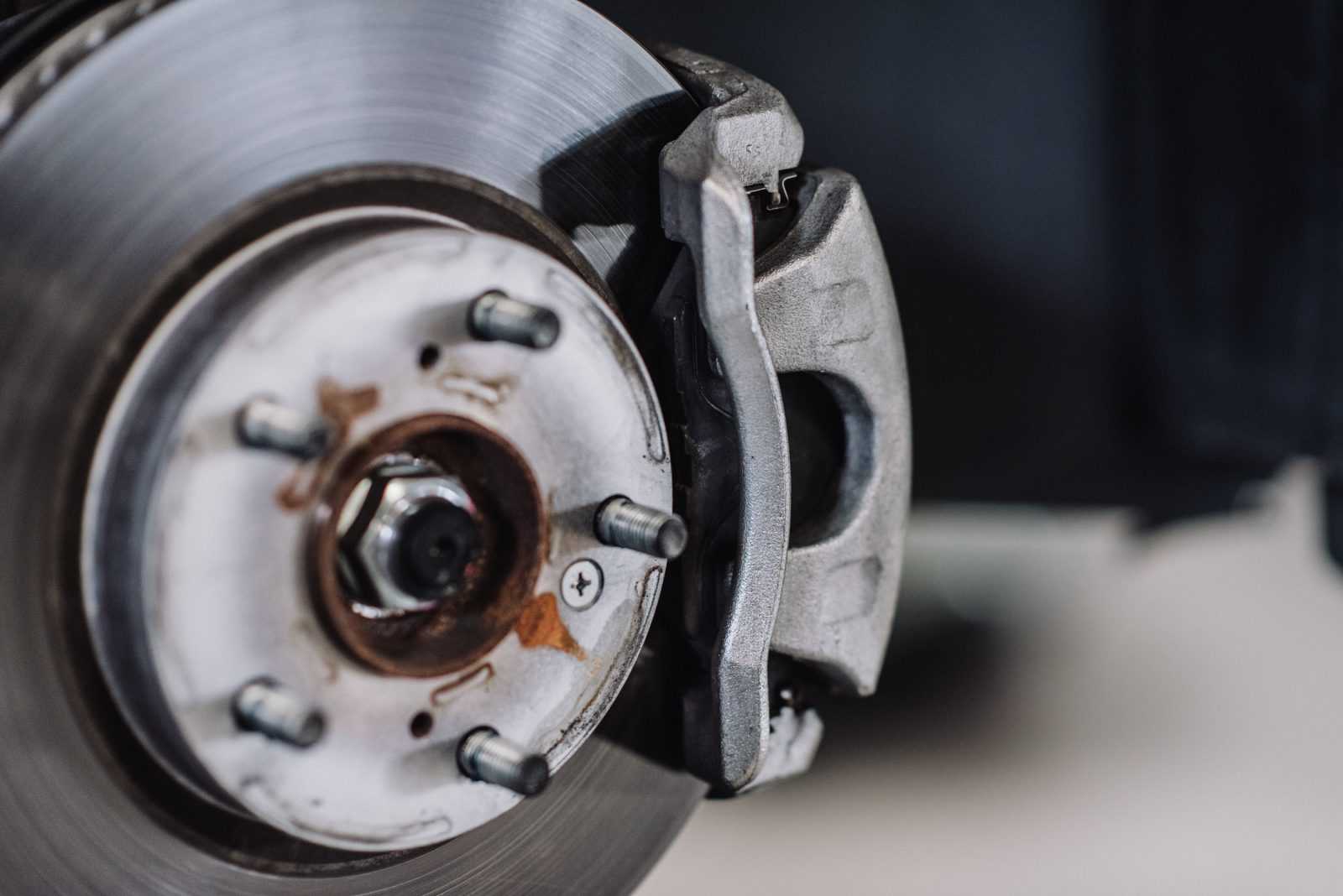Getting new brakes can often leave you hearing that squealing sound. Even if the new brakes squealing is a common issue with you, it should better be cured, and that too timely!
Well, before that, understanding the reasons why the brakes make that noise always comes helpful. It lets you get enlightened about the causes so you can have an in-depth understanding.
Contents
New Brakes Squealing: Understanding the Reasons!
In case you are getting the brakes replaced, make sure you deal with the old rotors and pads as well. So why are my new brakes squealing? In most cases, replacing these two parts gets you rid of the squealing issue. Now, let’s understand the reasons here:
Metal Fibers
If the new brakes squealing problem happens, check for the metal fibers. Brakes embed the metal fibers, and when they get too close, this action causes squeaking sound. If this is the issue, it goes away automatically once the fibers wear off by time.
Sudden Halt
When you halt the car suddenly due to any reason such as someone jumping in front of your car, the sudden brake causes the sound. Sudden stopping makes the brakes go warm and glaze the pad that produces squeak.
In some cases, breaking can also cause a burning smell when the caliper pins, the part of the braking system gets stuck. Lubricating the pins can solve the issue in this case, and “why are my new brakes squealing” won’t be an issue anymore.
The Brakes Are Stuck in the “On” Position
This situation happens when the caliper pin gets stuck inside the “On” position. Caliper pin is the car component that plays the role of applying and releasing the brake pads in the brake system. When car owners press the brake pedal, the stuck pin will force the brake against the rotor, creating noise, glazing and even a burning smell. In this situation, drivers need to check carefully in order to decide whether to lubricate or replace the calipers.
The Rotors
In some situations, the rotor is the main issue that causes brake noise. Sometimes, the rotors are not machined carefully, which creates a rough surface meshing with the new pads. Not only does this make brakes squealing after replacement, the car itself will take longer time to stop. So if you cannot find anything that creates brakes squealing after replacement,
Tip: While replacing the brakes, do not go for cheap parts such as pads or rotors.

SEE MORE:
So What Is The Solution?
Well, dealing with the brakes is not something you prefer doing DIY. The best person for the question “why are my brand new brakes squeaking” should be a car mechanic. Hence, calling a professional should always be the first option. Also, you can drive the car to a nearby repair shop and get the issue resolved.
One thing that you need to pay attention to is “do not leave the issue uncured.” By leaving it uncured, you are only taking chances toward some serious damage. Do check about the warranty thing while getting the parts replaced.
What If Brakes Still Squeak After Replacing Rotors And Pads?
Sometimes you face an issue like “brakes still squeaking after replacing pads and rotors.” In major cases, when you get the brakes replaced along with the rotors and pads, the issue of causing any irritation sound does not exist.
In some cases, it does, and even after the brake rotors and pads replacement, you hear that screeching.
Well, as the first solution, you can try sanding the rotors a bit and then try pairing the new pads with them. This can be done by making some sudden stops, and in a few stops, both things blend well together.
Both the pads and the brake pins should be cleaned and lubricated. Make sure there is no debris stuck in there or have a professional check about it, or there is nothing loose.
Trying these ways can get you rid of new brake pads squeaking. Meanwhile, do not expect the brakes to be entirely quiet; it is okay to hear a little squeak if the braking mechanism works fine.
Trying With Some More Solutions
If your new brakes are squealing, there are some of the solutions that you can try in the first place before going for a brake replacement. Meanwhile, you can explore some more Maintenance Tips and solve some more issues of your car.

Consider a Semi-Metallic Pad
A semi-metallic brake consists of both metal and organic materials. That is why they are more peaceful and bestowed with more braking ability. The brakes come with better pads where the rotors can wear a bit faster than normal brakes, but overall the pads serve well.
An Organic Pad
You can also prefer the organic pads or the semi-metallic pads separately. Regardless of the type of brake replacement, you can try having the organic pads as they go well with the noise issues.
A Metallic Pad
Metallic pads can be preferred, too; however, it should be your last choice. These pads make the most amount of noise among all the types. Also, metallic pads create more friction, and hence, they wear faster than other pads.
Frequently Asked Questions
In order to understand about this essential car component, here are some of the most essential problems around the brakes for car owners. Beside new brakes squealing,
Why do my brakes squeal at low speeds?
High-frequency vibration of the brake pads against the rotating disc is the main reason for the squealing noise. Car manuals also describe that vibration is quite common when the rotating disc clamps against the caliper. It is an unavoidable result of the friction created by the pads, especially when the car is moving at low speeds.
Why do brakes squeak after being replaced?
Apart from the above information that we provided, excessive brake dust. Car owners can find them trapped between the rotor and the caliper. And believe it or not, they are the main reason why the brakes squeak due to the heat.
How do you stop new brakes from squeaking?
Some drivers wonder why brakes still squeaking after replacing pads and rotors. However, the answer is really simple: You need to keep the surrounding area of the caliper and the piston where the pad backing plate touches clean. After that, car owners can apply the anti-squeal adhesive, then reinstall the pads. By doing this, the pad will stay gummy until drivers apply the brakes and press out the oxygen.
Do new brake pads and rotors make noise?
Yes they do, and it is crucial for drivers to notice this since the groaning from your vehicles means they are having trouble. Ignoring the sign will cost you a lot in order to fix the car components. Not to mention, it is dangerous to drive with a car in this condition. The reason why new brake pads and rotors make noise is the dust trapped between the rotor and caliper.
Conclusion

Brake squealing can be frustrating, and it can also signify some kind of danger. Now that you know what to do about new brakes squealing, you should be able to get rid of the trouble. Always take professional help in case of doubt!
Also, if you hear squeaking at a particular time of the day, let the repairer know about it too. Do not think about saving a few bucks in this case, and always take your car to a reputable mechanic and get a premium quality of parts installed.



